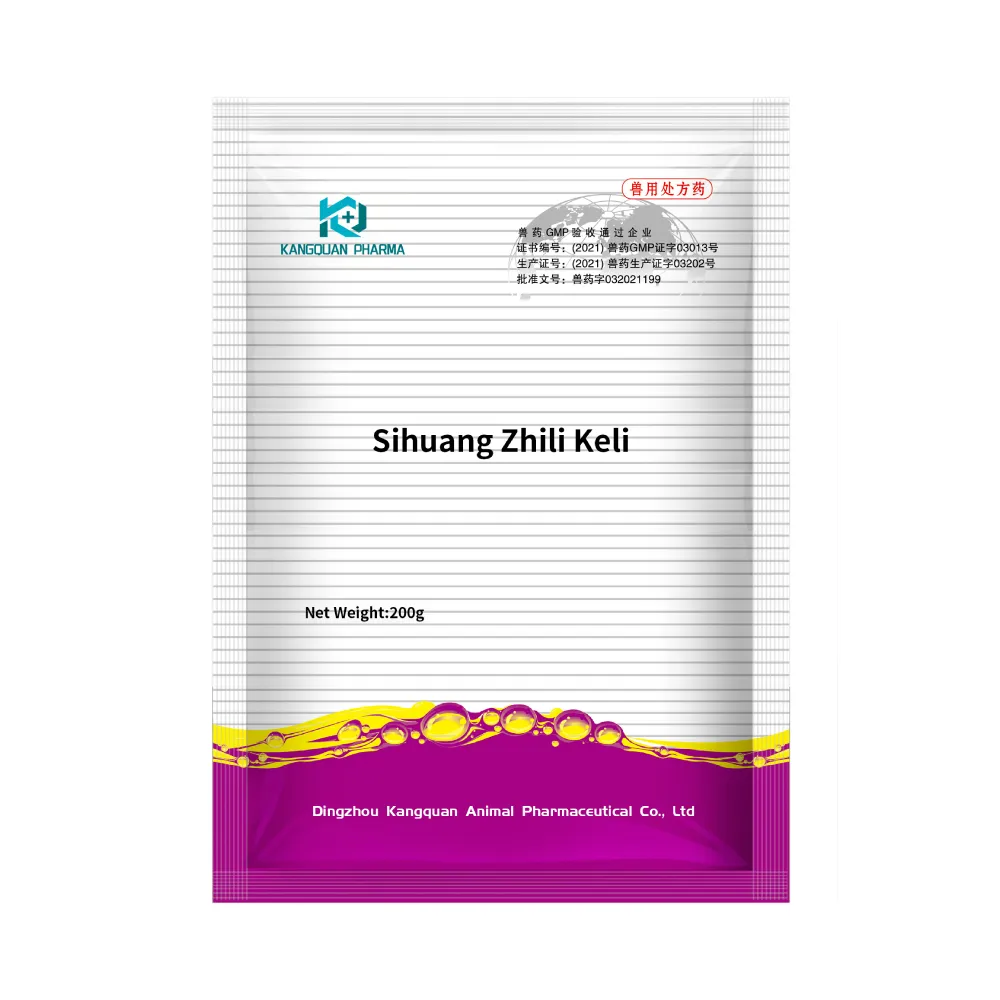- Afrikaans
- Albanian
- Amharic
- Arabic
- Armenian
- Azerbaijani
- Basque
- Belarusian
- Bengali
- Bosnian
- Bulgarian
- Catalan
- Cebuano
- Corsican
- Croatian
- Czech
- Danish
- Dutch
- English
- Esperanto
- Estonian
- Finnish
- French
- Frisian
- Galician
- Georgian
- German
- Greek
- Gujarati
- Haitian Creole
- hausa
- hawaiian
- Hebrew
- Hindi
- Miao
- Hungarian
- Icelandic
- igbo
- Indonesian
- irish
- Italian
- Japanese
- Javanese
- Kannada
- kazakh
- Khmer
- Rwandese
- Korean
- Kurdish
- Kyrgyz
- Lao
- Latin
- Latvian
- Lithuanian
- Luxembourgish
- Macedonian
- Malgashi
- Malay
- Malayalam
- Maltese
- Maori
- Marathi
- Mongolian
- Myanmar
- Nepali
- Norwegian
- Norwegian
- Occitan
- Pashto
- Persian
- Polish
- Portuguese
- Punjabi
- Romanian
- Russian
- Samoan
- Scottish Gaelic
- Serbian
- Sesotho
- Shona
- Sindhi
- Sinhala
- Slovak
- Slovenian
- Somali
- Spanish
- Sundanese
- Swahili
- Swedish
- Tagalog
- Tajik
- Tamil
- Tatar
- Telugu
- Thai
- Turkish
- Turkmen
- Ukrainian
- Urdu
- Uighur
- Uzbek
- Vietnamese
- Welsh
- Bantu
- Yiddish
- Yoruba
- Zulu
Jul . 31, 2024 20:01 Back to list
Exploring the Benefits and Applications of Ivermectin 1% Injection in Veterinary Medicine and Animal Health
Ivermectin 1% Injection Applications, Benefits, and Considerations
Ivermectin is a broad-spectrum antiparasitic agent that has gained significant attention in the medical field due to its efficacy against a variety of parasitic infections. One formulation of this drug is the 1% injection, which is particularly utilized in veterinary medicine and occasionally in human treatments for specific conditions. Understanding the applications, benefits, and considerations associated with Ivermectin 1% injection is crucial for healthcare providers and patients alike.
Applications of Ivermectin 1% Injection
Ivermectin is primarily known for its use in treating various parasitic infections. In veterinary medicine, the 1% injection is commonly used to manage infections caused by parasites such as nematodes, arthropods, and various ectoparasites. It is effective in treating conditions like heartworm in dogs and various gastrointestinal parasites in livestock. The injection form allows for rapid absorption and immediate action, making it a preferred choice in many veterinary practices.
In human medicine, Ivermectin has been employed off-label to treat conditions like scabies and lymphatic filariasis. The World Health Organization has also endorsed its use for certain parasitic infections, broadening its acceptance in various healthcare settings. The injection form may be used in specific cases when oral formulation is not feasible, although dental epidemiology and regional guidelines will dictate this use.
Benefits of Ivermectin 1% Injection
One of the primary advantages of Ivermectin 1% injection is its potency. It works by binding to specific channels in the nerve and muscle cells of parasites, leading to paralysis and death of the organism. This mechanism of action makes it exceptionally effective in treating infections that are resistant to other therapies. Furthermore, Ivermectin has a favorable safety profile, with rare adverse reactions when used appropriately.
ivermectin 1 injection

The injection formulation allows for targeted delivery of the drug, improving systemic absorption and reducing the likelihood of gastrointestinal side effects, which can be a concern with oral medications. Additionally, the long half-life of Ivermectin means that a single dose can provide prolonged efficacy, simplifying treatment regimens.
Considerations and Safety
While Ivermectin 1% injection is generally safe when used under clinical supervision, several considerations must be kept in mind. The potential for adverse effects, although rare, may include reactions at the injection site, neurological symptoms, or allergic responses. It is crucial for practitioners to assess the individual patient's medical history and any potential contraindications.
Moreover, the use of Ivermectin has garnered attention during the COVID-19 pandemic, with debates surrounding its efficacy against the virus. It is essential to note that the use of Ivermectin for COVID-19 has not been universally endorsed and should only be administered in clinical settings where its application is warranted and based on scientific evidence.
Conclusion
Ivermectin 1% injection remains a vital tool in the fight against parasitic infections in both veterinary and human medicine. Its efficacy, safety profile, and ease of administration make it a valuable asset in medical treatments. However, healthcare providers must remain vigilant regarding its applications, carefully considering patient-specific factors and adhering to established guidelines. As research continues into the full spectrum of Ivermectin’s potential uses, informed discussions and responsible usage will safeguard patient health while maximizing the benefits of this powerful drug.
-
Guide to Oxytetracycline Injection
NewsMar.27,2025
-
Guide to Colistin Sulphate
NewsMar.27,2025
-
Gentamicin Sulfate: Uses, Price, And Key Information
NewsMar.27,2025
-
Enrofloxacin Injection: Uses, Price, And Supplier Information
NewsMar.27,2025
-
Dexamethasone Sodium Phosphate Injection: Uses, Price, And Key Information
NewsMar.27,2025
-
Albendazole Tablet: Uses, Dosage, Cost, And Key Information
NewsMar.27,2025













